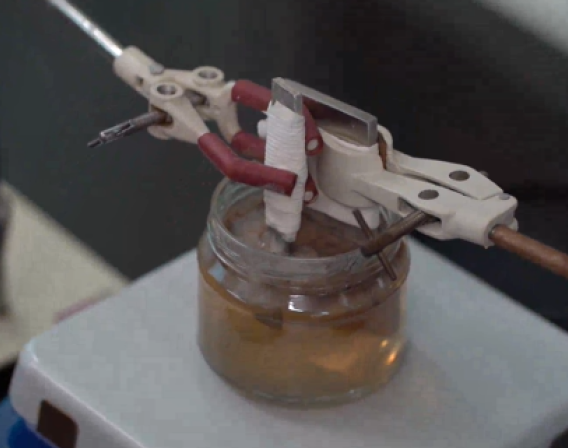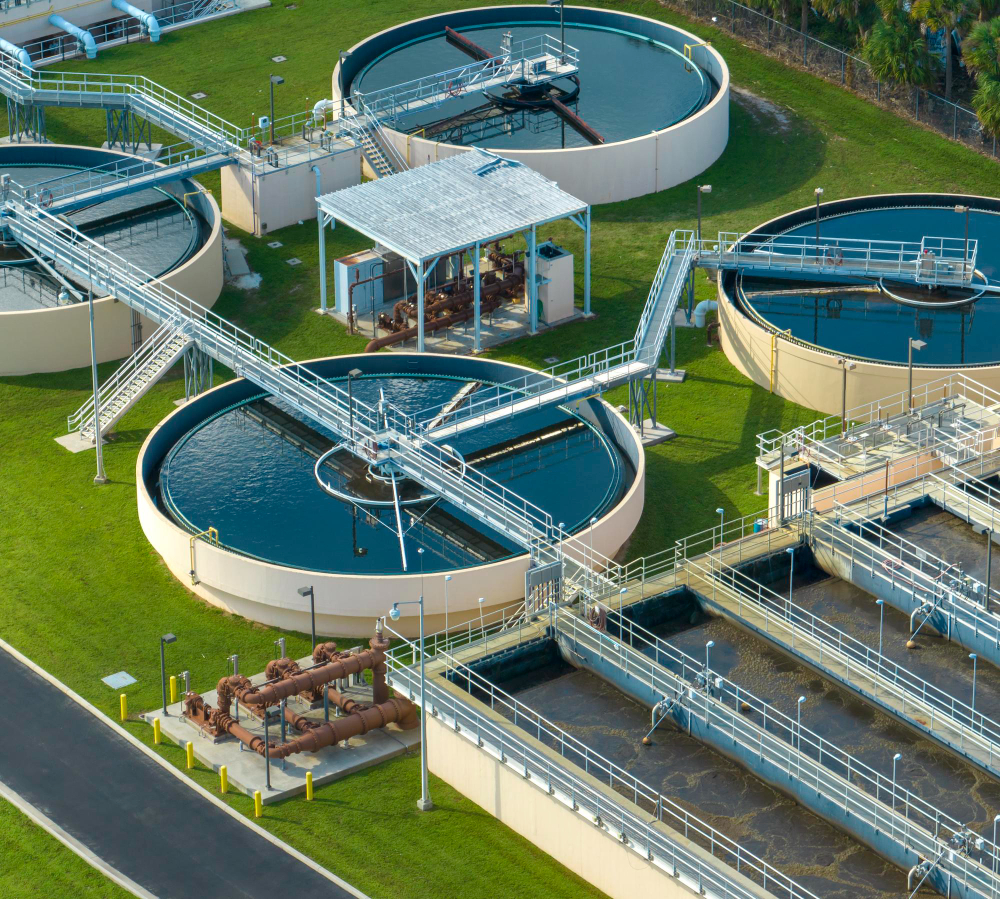
Industries
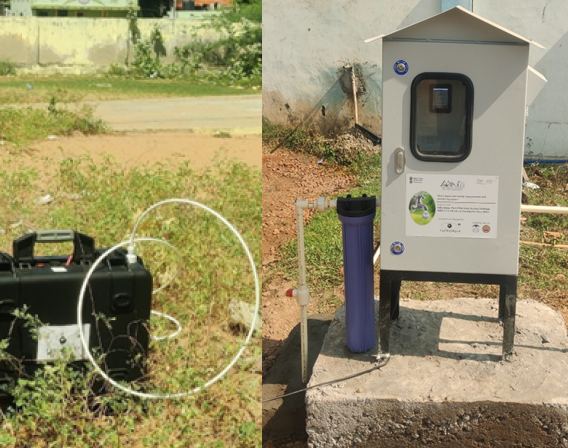
1. Joint Research & Development
We specialize in optimizing advanced treatment processes to effectively eliminate a wide array of contaminants from wastewater. Our methods include chemical and electrochemical treatment, adsorption, ion exchange, membrane separation, filtration, desalination, and biological processes.
Our research center features a dedicated laboratory equipped with state-of-the-art instruments for testing various water and wastewater parameters, including pH, BOD, COD, TDS, TSS, NH4+, NO3, NO2, conductivity, and more.
Our energy-efficient solutions are tailored for industries, enabling them to treat wastewater to a quality suitable for reuse in their processes or non-potable applications, in line with our sustainability commitment.
At ICCW, we not only investigate methods for recovering and reusing valuable resources like water, energy, and materials from wastewater but also offer technical and formulation support to industries, fostering efficiency and sustainability in their production processes.
Key Implementation
1. Membrane distillation technology for Grundfos:
- Membrane Distillation is an emerging technology for treating water with high concentration of salts.
- It works on the principle of water vapour passing through a hydrophobic membrane and getting condensed on the other side into pure water.
- The inlet water is recycled continuously to higher concentrations.
- Solar heating of the inlet water provides higher permeates with low energy consumption.
2. Development of an online colorimetric water quality monitoring unit that can collect data periodically and relay the same to an online dashboard. Commonly used potentiometric sensors are not available for many water quality parameters and in some cases, they bear a huge cost with limited life. The proposed unit overcomes these drawbacks and can be adapted for many water quality parameters such as Iron, Phosphate, Fluoride, Nitrate…
A lab-level prototype has been developed and demonstrated for fluoride testing (shown in the adjacent photograph). At present team is working on the lab-to-field transition of the technology and extending the same for additional parameters. Development of the automation and IoT electronics for the unit is being supported by ICCW incubated startup Eyenetaqua.
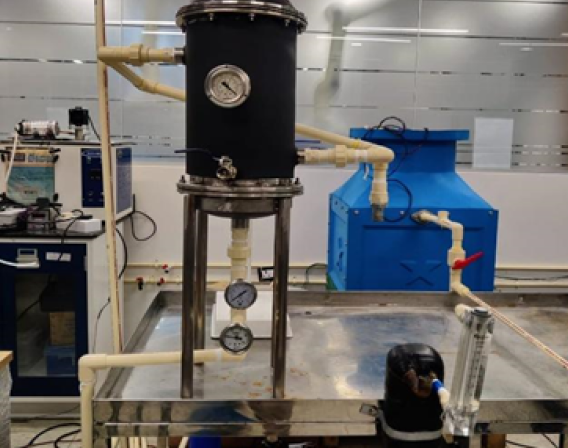
3. Development of an electrocoagulation process for the treatment of textile industry effluents enabling zero liquid discharge at lower energy costs.
4. Development of a process for recycling processed water in the electroplating industry enabling iron removal with copper retention.
5. Recovery of materials resources from industrial effluents creating a circular economy.
Our State of Art Lab facilities for Research & Development
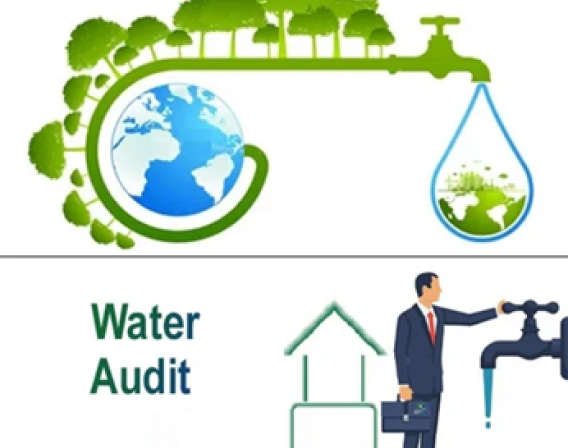
2. Water management solution & Advisory
Water audit, Connecting industries to the academia, product development and validation, water quality support, emerging technologies through startups, capacity building & training
- Water Auditing: It is a qualitative and quantitative analysis of water consumption to identify and reduce water consumption by implementing 4Rs (Reduce, Recycle, Reuse & Recharge).
- Water management: Recommending solutions for sustainable water management and handholding implementation in partnership with technology providers to achieve water neutrality.
- Digital water tool: Developed a tool that can help industries and communities to conduct their own water audit. A tool combined with sensors, meters and user-friendly templates enable stakeholders to arrive at a water balance report with recommended interventions.Handhold interventions to ensure that the potential gains are realized.
On going projects

Water audit and implementing sustainable solution to conserve water at R&D facility of Pfizer, Chennai.
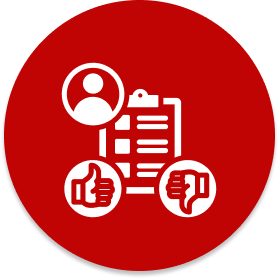
Field assessment of in-house developed efficient fluoride sensors in field
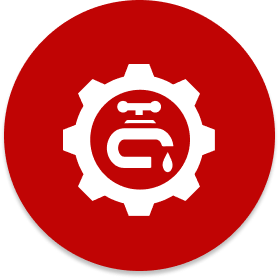
AMC services for the CDI technology to provide drinking water to LIC southern zonal office

3. Capacity Building Program:
Water management training program for Water experts in industries:
Cooling Water Chemistry Program:
- CWC is an Online certification program series on Cooling water chemistry and its management where we study in detail about quality parameters, analysis & its effects, Types circulation & cost economics of it’s chemistry, impact based indicators, controlling and monitoring of cooling towers, case studies
Water Reduction Program
- The Course is aimed to prepare the participants for performing a water audit of their own in their premises. Helps to understand and implement 4Rs reduce, reuse, recycle and recharge leading to reduction in specific water consumption based on a broad set of common impact indicators. Step by step methodology for water audit, Approach for implementing no cost, low- cost water conservation measures, Strategies for achieving zero water discharge levels using the 4R mechanisms of reduce, recycle, reuse and recharge. Use of emerging technologies for sustainable and ecofriendly industrial production
- If you want register on the water management training program, please fill the details in the given form : https://forms.gle/fZHZoEKuAA9p79uY9
4. Analysis & Social Impact:
Our cutting-edge laboratory infrastructure enables comprehensive analysis of water quality parameters excluding radioactive contaminants. Furthermore, we leverage equipment at IIT-Madras for imaging, characterization, and trace element detection down to parts per trillion levels. Whether as a standalone service or integrated into projects, our water quality analysis solutions are tailored to meet your needs.
Our team of scientists and expert panel members will meticulously discuss your requirements, devise optimal analysis methods, and interpret results. Additionally, we offer discounted rates and customizable services for regular customers through a consortia model. Our primary focus is on problem resolution and maximizing social impact, both directly and indirectly.
Our State of Art Lab facilities for Research & Development
